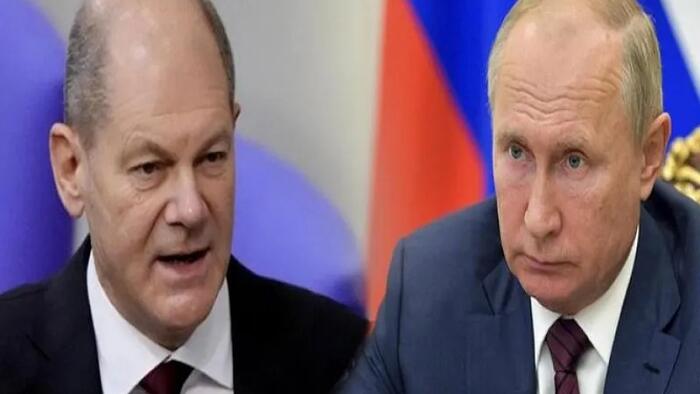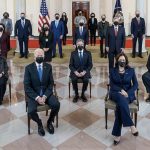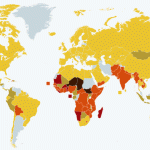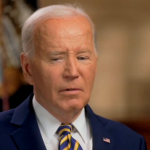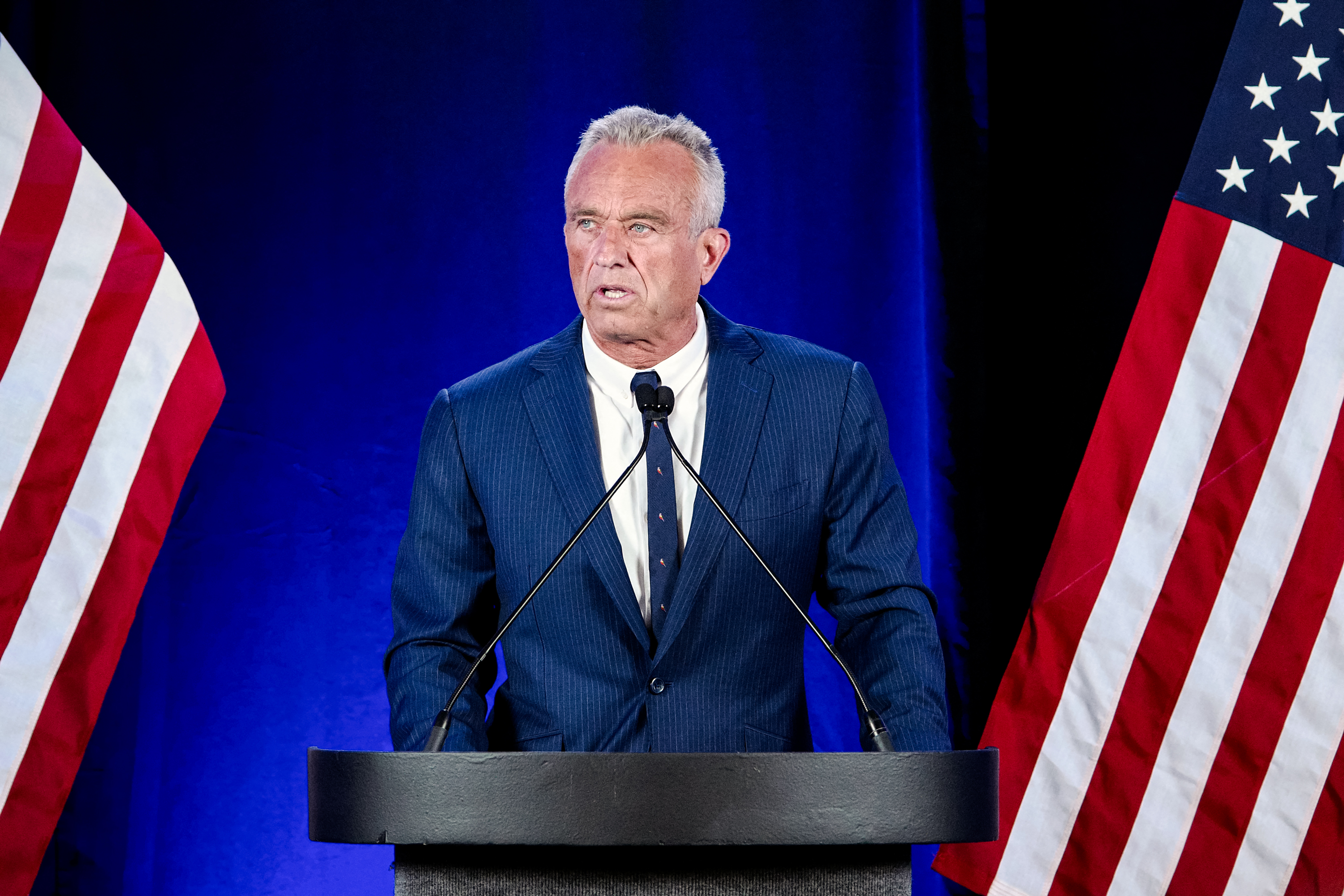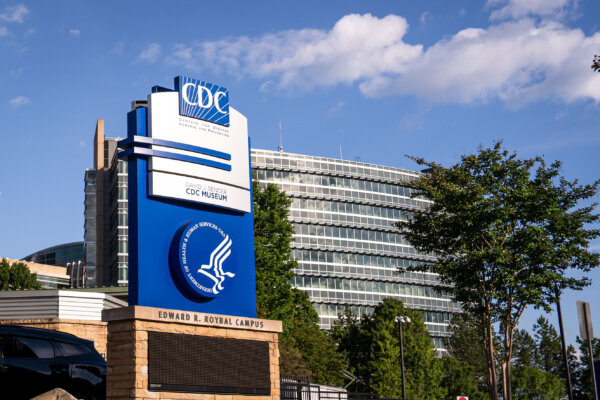Authored by Andrew Korybko via substack,
Putin made a pass at Schulz by suggesting that the last undamaged part of the Nord Stream pipelines could be swiftly put back to use if Germany helps Russia in Ukraine by rejecting Trump’s reported plans to “escalate to de-escalate”.
The first Putin-Scholz call in two years diplomatically “opened Pandora’s Box” according to Zelensky and “broke ice with the West” in the New York Times’ (NYT) words, both of which are accurate assessments, but they and almost everyone else missed the most important part.
Putin told Scholz that “Russia had always honoured its commitments under various treaties and contracts in the energy sector and was still willing to promote mutually beneficial cooperation, if the German side showed interest in it.”
This follows the Russian leader saying during a news conference after last month’s BRICS Summit that “there is still a functional pipeline in the Baltic Sea – it is part of the Nord Stream 2 pipeline. All the German authorities have to do is just press a button to resume supplies. But they are not doing this for political reasons.” By telling Scholz what he did, Putin is very strongly implying that this last undamaged part of that energy megaproject could swiftly be put back to use if Germany helps Russia in Ukraine.
Euronews reported in early October that “Germany’s economic woes are continuing, with the country now facing the spectre of closing 2024 in recession”, which all objective observers know is the direct result of Germany abandoning its decades-long policy of importing cheap energy from Russia. It now purchases much more expensive LNG from the US, which in turn raises costs across the board, thus hamstringing its economic competitiveness that was responsible for prior eras of growth.
Germany is also Ukraine’s second–largest aid donor behind the US, though Poland gave more heavy arms than they did according to a recent report on its presidency’s official website, and it’s expected to play a pivotal role in Ukraine’s reconstruction given that it’s the EU’s largest economy. Moreover, these three analyses here, here, and here argue that Germany now has more influence over Ukraine than Poland and anyone else but the US and possibly also the UK, hence its importance to Russia in this context.
Seeing as how Trump is expected to “escalate to de-escalate” in order to end the proxy war on better terms for the US, which was explained here while the obstacles thereof were listed here, Putin must convince Scholz to impede these plans and propose reviving spring 2022’s draft treaty instead. To that end, he made a pass at him during their latest call by strongly implying that the last undamaged part of the Nord Stream pipelines could help Germany avert its impending recession if he agrees to these terms.
The US would lose part of the lucrative LNG market that it poached from Russia after September 2022’s terrorist attack against that energy megaproject, but Germany could still go behind its back since “All the German authorities have to do is just press a button to resume supplies” like Putin said. If Germany unilaterally scaled back its promised military and financial aid for Ukraine as the quid pro quo, other European countries would likely follow, thus leading to a chain reaction of strategic consequences.
Trump would be much less likely to “escalate to de-escalate”, and the chances of him successfully doing so would plummet if Western Europe followed Germany’s lead and signaled before mid-January that they wouldn’t be on board with this, which could lead to ending the conflict on better terms for Russia. As a consolation to the US, they might still go through with the “military Schengen” plan for facilitating the movement of troops and equipment eastward, but that’s an trade-off that Russia could accept.
“The Clock Is Ticking For Russia To Achieve Its Maximum Goals In The Ukrainian Conflict” before Trump might “escalate to de-escalate”, hence the urgency with which Putin made his pass at Scholz, which could either delay Trump’s plans till Russia achieves more of its goals or outright derail his plans in toto. Zelensky and the NYT were right in respectively assessing that their call diplomatically “opens Pandora’s Box” and “breaks ice with the West”, but even they underestimated just how pivotal it might possibly be.
To be sure, Scholz might ultimately reject Putin’s pass, whether because he’s too afraid to go behind the US’ back or because Trump threatens him in ways that force him to reconsider this scenario. Nevertheless, the very fact that the first Putin-Scholz call in two years happened and the Russian leader pitched his implied quid pro quo are extremely important since they show that he’s actively employing creative diplomacy with top Western leaders, which was unthinkable prior to Trump’s electoral victory.
Loading…

